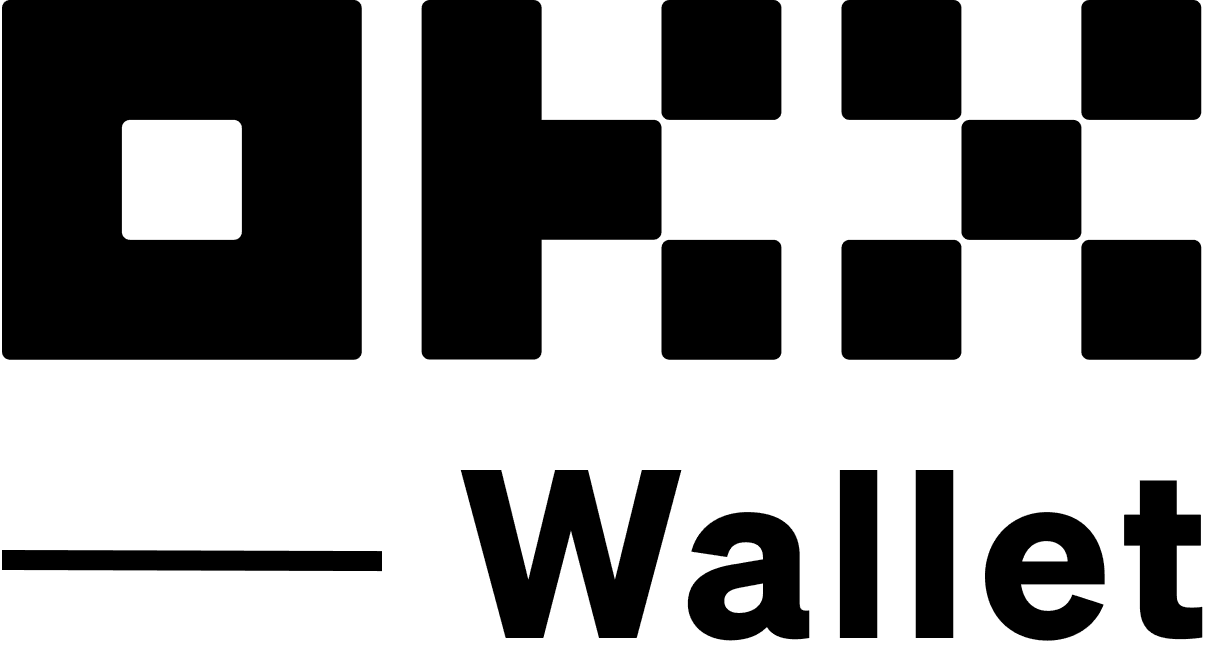Whoa! Ever feel like the crypto space is moving way too fast? Seriously, the way cross-chain bridges have exploded lately kinda blew my mind. At first, I thought it was just hype about connecting blockchains, but then I realized there’s a whole institutional angle here that most traders overlook. Something felt off about traditional wallets that don’t integrate smoothly with centralized exchanges, especially when you want seamless DeFi access across chains.
Here’s the thing. Cross-chain bridges are not just tech novelties—they’re becoming the backbone for institutional features. But not all bridges are created equal, and wallet choice can make or break your experience. This is especially true if you’re trading on OKX or want an easy gateway to DeFi protocols without jumping through hoops. I’m biased, but the okx wallet nails this integration in a way that really feels natural.
At first glance, bridging assets between chains seems straightforward—lock tokens here, mint wrapped versions there. But on one hand, you have security risks and delays; on the other, liquidity fragmentation and user friction. Actually, wait—let me rephrase that. It’s not just about moving tokens; it’s about institutional-grade reliability and speed, something you don’t get from run-of-the-mill bridges or wallets.
Let me back up a bit. Imagine you’re a trader who wants quick access to DeFi yield opportunities on multiple chains but also wants to keep funds ready for spot or margin trades on centralized exchanges like OKX. Managing separate wallets and dealing with clunky bridge interfaces? Nah, that’s a recipe for missed trades and stress. The real trick is having a wallet that ties everything together effortlessly.
Okay, so check this out—cross-chain bridges have matured to support institutional features such as multi-signature controls, transaction batching, and real-time monitoring. These are not just bells and whistles; they address real pain points for professional traders and funds. But how many wallets actually offer this level of sophistication?
Most wallets are designed for retail users who want simplicity, which is great, but if you’re serious about DeFi access and institutional needs, you’ll want a robust platform that supports cross-chain asset management without sacrificing security or speed. That’s where the okx wallet stands out—it seamlessly integrates with the OKX centralized exchange, allowing users to shift assets back and forth without the typical bridge delays or complicated UX.

Now, I know what you’re thinking—“Isn’t this just another wallet trying to be everything?” Fair point. But here’s where my personal experience kicks in. Early on, I used multiple wallets and bridges separately, and it was a nightmare juggling approvals, gas fees, and sometimes waiting hours for confirmations. The inefficiency wasn’t just annoying; it cost me money during volatile market moves.
With institutional features baked in, the okx wallet cuts down on those frictions. For example, batch transactions let you bundle multiple actions in one go, saving time and fees. Plus, multi-sig support means funds are safer, which is huge if you’re managing significant capital. Honestly, this part bugs me—the crypto world talks about security ad nauseam, yet most wallets lack practical institutional safeguards.
Hmm… another thing that surprised me was how DeFi access is evolving. Initially, I thought DeFi was all about decentralized apps on Ethereum, but actually, cross-chain bridges open up a whole universe of protocols across different chains. That means a trader using the okx wallet can tap into liquidity pools, lending platforms, and yield farms on Binance Smart Chain, Polygon, and more, all from one place.
But here’s the kicker: not all bridges handle DeFi composability well. Token swaps across chains might require multiple steps or expose you to slippage and arbitrage risks. The okx wallet’s built-in bridging protocols minimize these issues, letting you navigate DeFi with a much smoother flow. This matters because time-sensitive trades can’t wait for complicated manual bridging or unreliable third-party services.
On a tangent, I have to mention that this integration also helps with regulatory compliance, which is often overlooked. Institutional players need wallets that can support KYC/AML requirements when interfacing with centralized exchanges. The okx wallet does this without compromising on decentralization for DeFi activities—a balancing act that’s very tricky to pull off.
So, why should traders care about all this? Because your wallet isn’t just a storage tool anymore—it’s your gateway to a multi-chain financial ecosystem. Choosing a wallet like the okx wallet means you’re better positioned to react quickly, diversify assets, and tap into institutional-grade features that support serious trading strategies.
Something I’m still exploring is how these cross-chain bridges will handle future scaling challenges. Will they keep up with rising transaction volumes? Can they maintain security without becoming centralized bottlenecks? No one has a perfect answer yet, but wallets that evolve with these protocols will definitely have an edge.
Anyway, if you’re a trader who’s been juggling multiple wallets, bridges, and exchanges, I’d say giving the okx wallet a try could save you headaches. It’s made by people who clearly understand the institutional mindset but haven’t lost sight of the DeFi dream. That balance is rare.
In the end, cross-chain bridges and institutional features are changing the game, but your wallet choice is the real game-changer. Don’t just pick a wallet because it’s popular—pick one that fits your trading style and integrates with your ecosystem.
FAQ
What exactly is a cross-chain bridge?
Simply put, it’s a protocol that lets you transfer assets from one blockchain to another, enabling interoperability across different networks. Think of it like a digital ferry for your tokens.
Why do institutional traders care about wallet features?
Because they often manage larger sums and need enhanced security, multi-signature controls, batch transactions, and seamless exchange integrations to execute complex strategies efficiently.
Can I use DeFi protocols across multiple chains with one wallet?
Yes, with wallets that support cross-chain bridges and have built-in DeFi access, like the okx wallet, you can interact with many DeFi platforms from a single interface.



